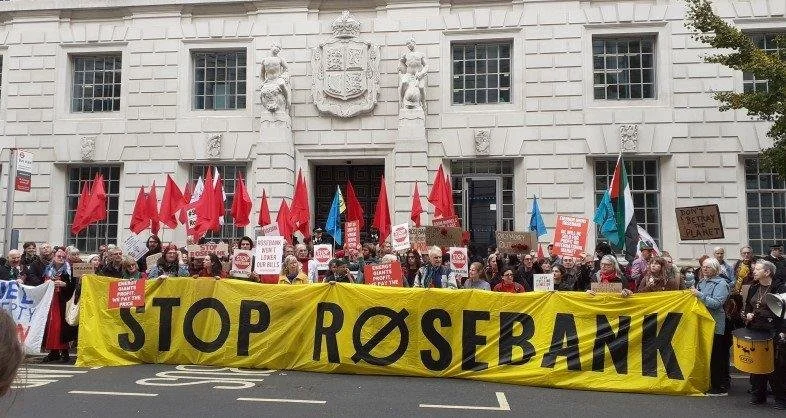Extinction. Rebellion. Two scary words. But it's just a name. We could just as easily be called 'Hope for the Future' or 'Save our Earth'. But the words were chosen deliberately to instill a sense of urgency into people's psyche.
The circle in the well-known logo represents our Earth. The 'X' is an hourglass. It simply means...time is running out for the inhabitants of our beloved planet if we continue with business as usual.
Who are we and what do we do?
We are ordinary people, just like you. Some are Christians, some are not. Some work, some are young, some are well into retirement. All are welcome to come just as you are. You don't need all the knowledge (it's all out there). You just need to care.
Before we go any further, one clear message. XR has always held to well founded 'Principles and Values' including non-violence as No.1 (more below). Whilst inconveniencing the public may have been deemed necessary in the past (to get the climate crisis to the top of the political agenda), a declaration was made way back in January 2023 that we would not disrupt the public from there on in.
XR's Principles and Values include:
• We are non-violent.
• We have a shared vision of change - creating a world fit for generations to come.
• We need a regenerative culture, which is healthy, resilient and adaptable.
• We openly challenge ourselves and the system - taking action for change.
• We actively mitigate power – aiming for public participation in democracy.
• We avoid blaming and shaming - no one individual is to blame.
XR is not single-issue
We often collaborate (via individual choice) with other groups. Most recently some of us supported Fossil Fuel London in their aim to persuade Ed Milliband not to approve the Rosebank oil field. Whilst public consultation closed on 20th November, dedicated protesters gather outside the Dept. for Energy Security and Net Zero every morning at 8am to show the strength of public feeling. In reality, all this involves is holding a banner or placard, maybe singing, and dancing is optional!
There have been huge collaborative events such as the 'Restore Nature Now' march in June '24 which Chris Packham attended, as well as over 300 different environmental groups. I met a young man recently who said that march spurred him into activism. XR organisers are second to none - events are always kept safe with stewards, supplied with food if necessary, and everyone is welcome to come and go as they please.
For a good insight, try Googling 'Restore Nature Now 2024' and read the XR account. And explore the links under 'recent articles' to other recent campaigns such as 'Insure Our Survival' or 'Water Is Life'. We also support other local groups e.g. Luton XR in their fight to stop the expansion of Luton Airport. This led some of us recently to simply stand outside the Royal Courts of Justice to show support for LADACAN and their court case.
What can I do?
If you came to the Cathedral Showcase recently you would have found there are different ways to engage with XR activism...there are purely digital campaigns, creative roles, wellbeing roles. XR is local, national and international, and you choose your level of engagement. Being so close to London, we often find ourselves joining with London actions, but local actions take place as well.





















